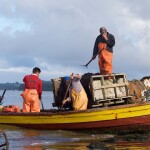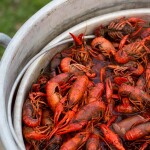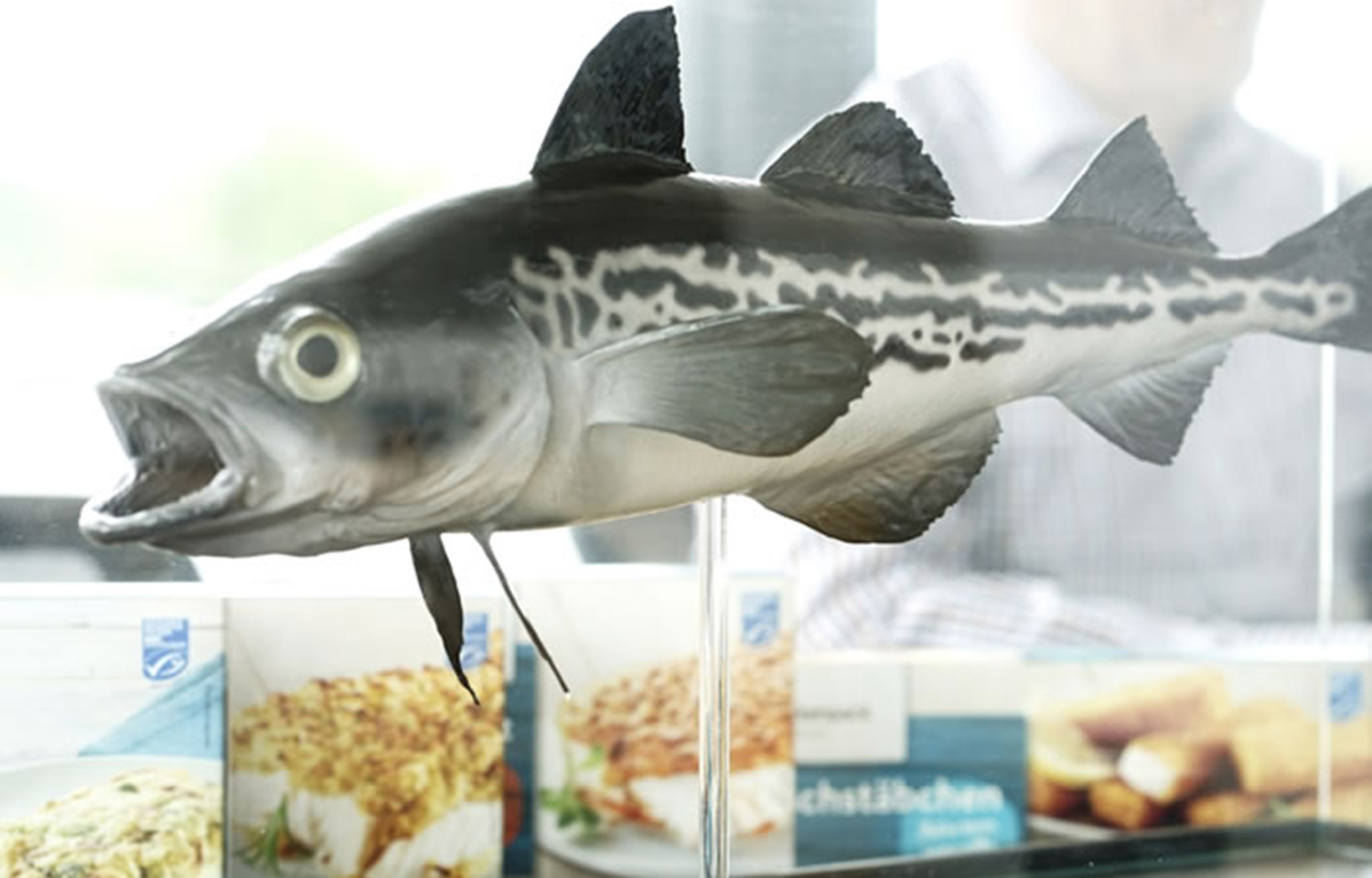Trident Seafoods’ European subsidiary, Pickenpack, has resumed buying pollock sourced from Russia.
Pickenpack Vertriebs was purchased by Seattle, Washington, U.S.A.-based Trident Seafoods – one of the largest global vendors of Alaska pollock – in 2016, after the company entered bankruptcy in 2015.
Its European headquarters are located in Lüneburg, Germany, and it has sales offices throughout the E.U. The companies tightened their bonds in 2017 through more clear marketing, though the renamed Pickenpack Seafoods continues to operate as a distinct entity from Trident, led by Trident Seafoods Europe Managing Director Thomas Scherer and a German leadership team.
Trident Seafoods CEO Joe Bundrant has been outspoken in his support for the U.S. government’s ban on Russian seafood, which was implemented in March 2022 in response to Russia’s invasion of Ukraine. The U.S. ban was expanded in December 2023 to include Russian seafood processed in third countries, scrambling the global trade in Alaska pollock. Trident cited the National Fisheries Institute’s lack of support for the ban as a central reason for the cancelation of its membership in the U.S. trade group in January 2024.
"NFI’s decision to advocate for the continued presence of Russian-harvested seafood in the U.S. market runs counter to national and international efforts to restrict Russia’s ability to prosecute its war against Ukraine, ignores the broad and bipartisan support in Congress for the administration’s actions, favors keeping U.S. consumers in the dark about their seafood choices, and supports importers of Russian-harvested seafood processed in China over a fair and competitive business climate and the long-term health of the U.S. seafood supply chain,” Trident said.
After initially shifting away from Russian-sourced product after the commencement of the Ukraine invasion, Pickenpack has now resumed its purchases of Russian pollock, according to a company spokesperson.
“Pickenpack offers European customers and consumers the opportunity to experience the benefits and assurances that come with purchasing and consuming seafood from Alaska. While the long-term goal of expanding the market for wild Alaska seafood in Europe remains unchanged, Pickenpack leadership must also balance this goal with the current market demands and expectations. As a result, Pickenpack will continue promoting wild seafood from Alaska while simultaneously maintaining a diverse portfolio of seafood solutions, including selected Russian-harvested products, for its customers,” the spokesperson said.
A study performed by the Genuine Alaska Pollock Producers, released in October 2023, surveyed 1,600 whitefish consumers in the U.K., France, Germany, and Spain, finding the majority care about country of origin and that they tend to avoid fish sourced from Russia or China. The study found that European buyers, mostly in the U.K. and Spain, inherently believe that when they purchase pollock products, the pollock has been caught in Alaska. Survey participants also reported that they would feel misled to find out that the pollock they’re eating came ultimately from Russia.
In France, 80 percent of those interviewed said country of origin drives their purchases of pollock products, and 70 percent said they actively seek out country-of-origin information in their purchases. Around 50 percent of consumers in France, Spain, and Germany actively avoid purchasing fish sourced from China, with around 40 percent avoiding fish sourced from Russia. Around 30 percent of those surveyed ranked their opposition to the invasion of Ukraine as their top reason for avoiding fish from Russia, and 82 percent said they preferred their pollock be sourced from Alaska than from elsewhere.
The Pickenpack news comes as Trident is engaged in a selloff of some of its assets in Alaska. On 24 April, Trident finalized the sale of its plant in Ketchikan to Silver Bay Seafoods – a deal that was first announced in March 2024 – and continued its search for buyers for several other Alaska facilities it owns. On 4 April, it completed the sale of its Petersburg plant to E.C. Phillips & Son.
“Silver Bay will be a great partner to the many stakeholders who depend on this facility,” Bundrant said in a statement. “As difficult as it is to part with the Ketchikan operation, it will be a great addition to Silver Bay’s Southeast operations. We wish Silver Bay and the Ketchikan community every success this season and in the future.”
Silver Bay President and CEO Cora Campbell said there had been a “smooth transition for the benefit of all stakeholders.”
“We are excited to officially add this facility to the Silver Bay program and appreciate Trident’s focus on a smooth transition ahead of the 2024 salmon season,” Campbell said. “The Ketchikan facility complements our existing Southeast facilities in Sitka and Craig very well. We already have boots on the ground and operational plans well underway. With our expanded reach, capacity, and product forms, we are well-situated to support the seine and drift fishermen who operate in the Southeast [Alaska] salmon fisheries, and we are thrilled to be a new member of the Ketchikan community.”








